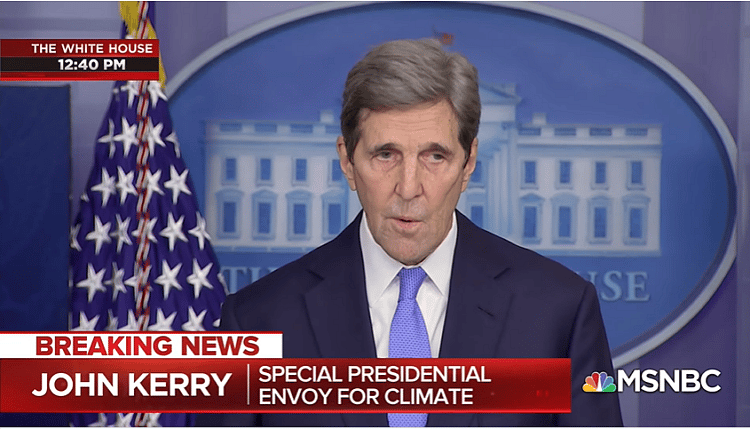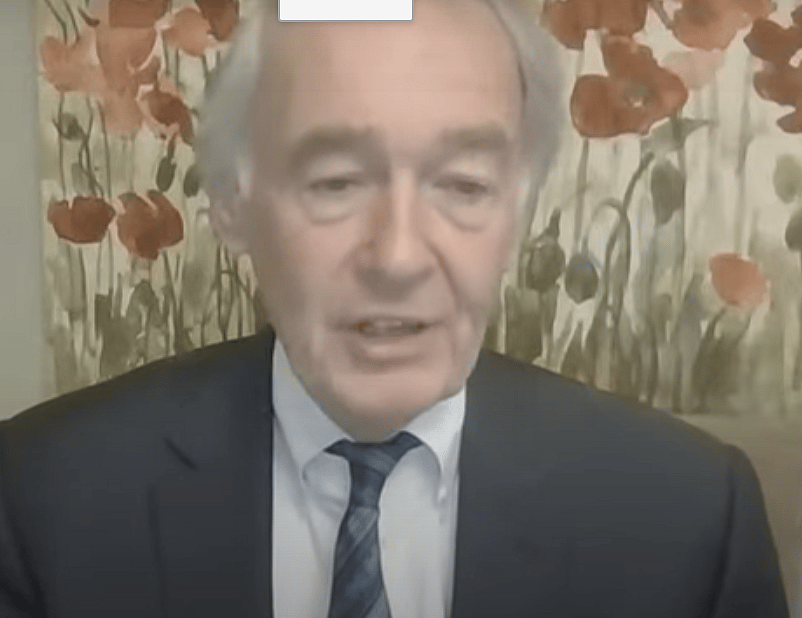News

John Kerry: Capitalism, Not Government, Likely to Lead Shift to Green Economy

By Chris Lisinski
State House News Service

